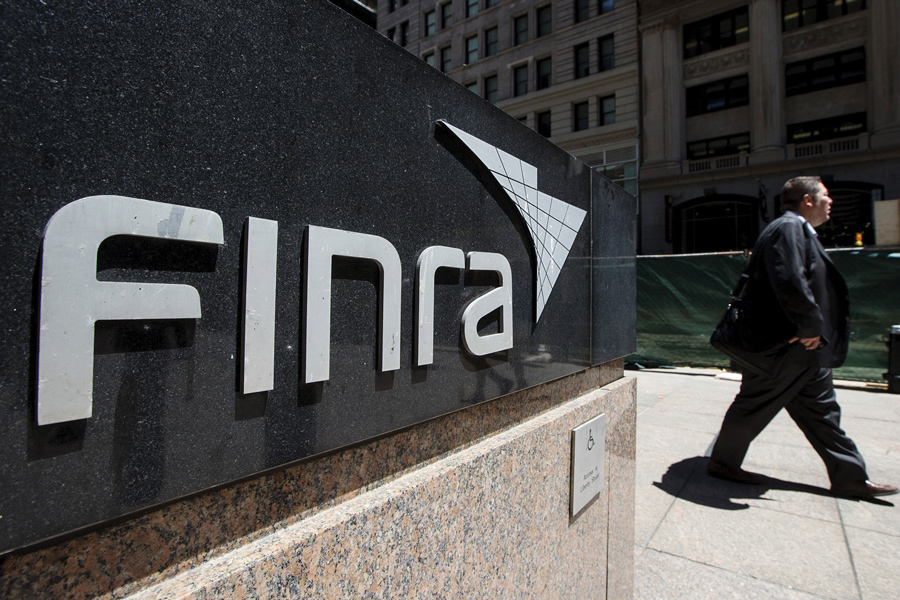

A Finra arbitration panel has ordered Memphis, Tenn.-based Wunderlich Securities to pay compensatory damages of $7 million and $2.8 million in interest to New York-based investment firm Dominick & Dickerman.
In the arbitration, attorneys for Dominick & Dickerman argued that Wunderlich committed common law fraud and negligent misrepresentation, violating the Financial Industry Regulatory Authority Inc.’s Rule 2010, which deals with fraud or deceit in connection with the purchase or sale of a security. Wunderlich acquired the wealth management business of Dominick & Dominick in 2015, after which the firm reverted to the name used at its founding in 1899.
“It’s rare for the Finra rule to be invoked when one firm acquires another, but it reflects the true nastiness of this catfight,” said an attorney not associated with the case who spoke on background.
When asked for details on the arbitration, James Henseler of Hughes Hubbard & Reed, attorneys for Dominick & Dickerman, declined to comment.
The arbitration panel also awarded $500,000, plus interest of $201,756, to Michael John Campbell, CEO of Dominick & Dickerman.
In addition, Wunderlich was required to pay Dominick & Dickerman $65,020 in costs and $818,778 in attorneys’ fees, as well as $2,500 to reimburse Dominick & Dickerman for nonrefundable filing fees.
In 2017, B. Riley Financial, a publicly traded investment bank in Woodland Hills, Calif., bought Wunderlich Securities for about $72 million in stock and cash. B. Riley also owns FBR & Co., the parent of Friedman Billings & Ramsey, a mid-market investment bank.

Most firms place a limit on advisors’ sales of alternative investments to clients in the neighborhood of 10% a customer’s net worth.

Those jumping ship include women advisors and breakaways.

Firms in New York and Arizona are the latest additions to the mega-RIA.

The agent, Todd Bernstein, 67, has been charged with four counts of insurance fraud linked to allegedly switching clients from one set of annuities to another.

“While harm certainly occurred, it was not the cataclysmic harm that can justify a nearly half billion-dollar award to the State,” Justice Peter Moulton wrote, while Trump will face limits in his ability to do business in New York.
Orion's Tom Wilson on delivering coordinated, high-touch service in a world where returns alone no longer set you apart.
Barely a decade old, registered index-linked annuities have quickly surged in popularity, thanks to their unique blend of protection and growth potential—an appealing option for investors looking to chart a steadier course through today's choppy market waters, says Myles Lambert, Brighthouse Financial.
